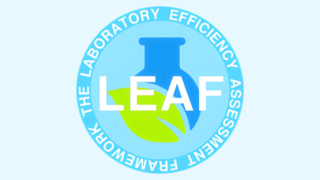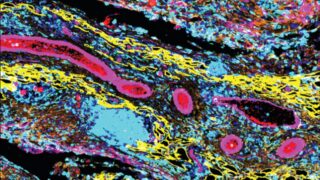Page Not Found
The page you are looking for doesn't exist or another error occurred.
Please use the menu above or the search form below to try another section.
Latest News

22nd May 2025
Scientists explore new way to bring CAR-T cell therapy to pancreatic cancer
A new strategy to help powerful cancer-targeting immune cells, known as CAR-T cells, infiltrate pancreatic tumours has been developed by researchers at Barts Cancer Institute, Queen Mary University of London. The unique three-pronged approach could pave the way for making CAR-T cell therapy—a treatment that has transformed care for certain blood cancers—effective against pancreatic cancer, a disease that remains very difficult to treat.

20th May 2025
Beyond ‘one size fits all’: Study reveals ethnic differences in breast cancer development and outcomes, demanding tailored care approaches
Women of African or South Asian genetic ancestry tend to develop breast cancer and die at a younger age than women of European ancestry, according to new research by Barts Cancer Institute, Queen Mary University of London. The study, which looked at clinical and genetic data from over 7,000 women with breast cancer, also found important genetic differences in these women’s cancers that could impact their diagnosis and treatment.

30th April 2025
Smarter chemotherapy approach could delay drug resistance in ovarian cancer
Adaptive chemotherapy can prolong survival in lab models of ovarian cancer, according to new results. The findings could pave the way for a more effective and gentler approach to treating ovarian cancer that uses existing drugs in a more intelligent way.

19th March 2025
Barts Cancer Institute receives LEAF Awards for sustainability
The Barts Cancer Institute (BCI), Queen Mary University of London, has been awarded the LEAF Bronze award for sustainability, achieving Bronze or Silver certification standards across each of our 15 laboratory sections.

7th March 2025
Scientists identify strategy to make chemotherapy more effective for women with ovarian cancer
Scientists have discovered a potential way to improve chemotherapy’s effect on ovarian cancer by manipulating specific immune cells around the tumour, potentially offering a way to help thousands of women with ovarian cancer benefit more from standard therapies and potentially delay relapses.

